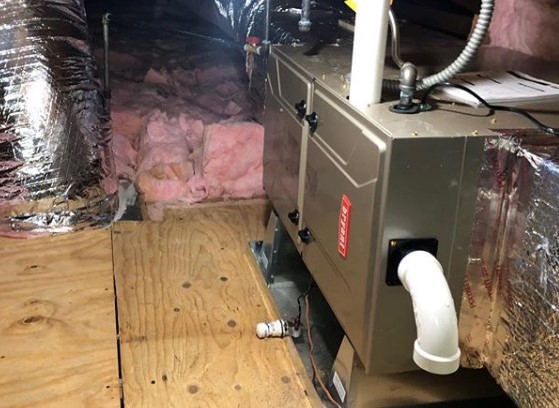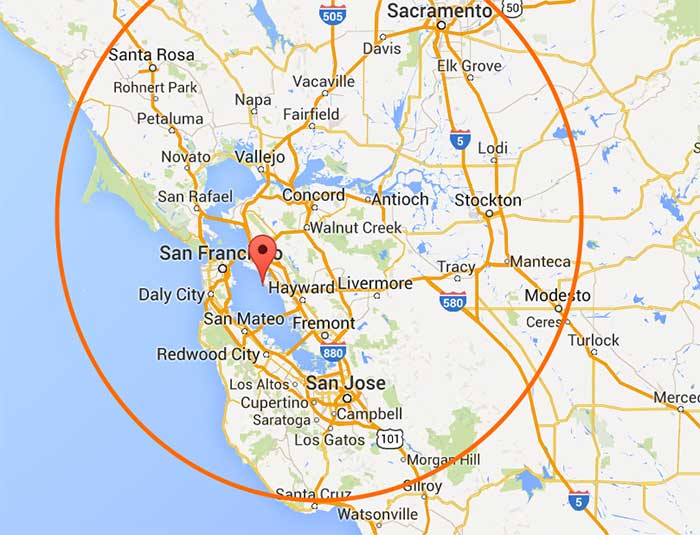Winter in the Bay Area may be milder than in other parts of the country, but you still need a functioning heating system to keep your home comfortable when the temperature starts to drop. As with anything else in your home, you should understand HVAC basics as you turn up the heat this winter. You don’t need to know everything about home furnace maintenance, but you should at least understand the basics to get the most out of your system for the lowest cost.
Popular Residential Heating Systems in the Bay Area
There are a few different types of heating systems you can have for your home, but we will focus on two:
- Forced air central heating systems that are powered by natural gas, and are the most common type of heater in older Bay Area homes.
- Heat pumps and mini-splits, which are quite popular as upgrades, either to supplement older heating and cooling systems or to replace them.
The HVAC Basics for Gas Furnaces
When your home’s temperature falls below a temperature set by your thermostat, a gas valve opens up to allow natural gas to flow into your HVAC system’s burners. The pilot light then lights up the burner in the combustion chamber where a mixture of air and natural gas has gathered. This mixture combusts, causing heated air to flow into a metal heat exchanger compartment. This heated air flows through your home’s ductwork and brings the temperature to where it should be according to your thermostat. Once your home reaches the proper temperature, the gas valve closes again.
The HVAC Basics for Heat Pumps
The newer kid on the block for heating homes in Bay Area winters, the heat pump is driven by electricity rather than gas. As the name says, heat pumps transfer heat from one place to another. Air conditioners are actually heat pumps, but only work in one direction, moving heat from inside to outside. A modern heat pump can reverse the process, bringing heat inside, even on chilly, rainy Bay Area winter days. Both use a compressor and refrigerant to move heat in the desired direction.
HVAC Maintenance a Real Basic Need
If you want your heating system to last, proper HVAC maintenance is essential. First of all, schedule a winter heater inspection now if you haven’t done so already. This annual inspection can help find issues with your system before they turn into costly repair jobs. Next, make sure you change your HVAC filter regularly. You should at least check it once a month even if you don’t change it that frequently.
Finally, be on the lookout for any signs that your heating system might need repairs. These include utility bills that have been higher than usual, strange sounds and smells coming from your furnace, and a house that feels too cold even when you turn on the heat.
You should also consider replacing your furnace if it is over 10 years old and you’ve been experiencing these issues. HVAC systems should last longer than that, but that’s usually when you start seeing issues. If you’re already experiencing problems after 10 years, they will only get worse and cost you more money in the years to come.
Call Element Home Solutions When Problems Go Beyond HVAC Basics
If you notice anything out of the ordinary with your HVAC system or you have any concerns, don’t hesitate to contact Element Home Solutions. We serve homes throughout Oakland and the surrounding area, and we will be happy to take a look at your own heating system this winter.





